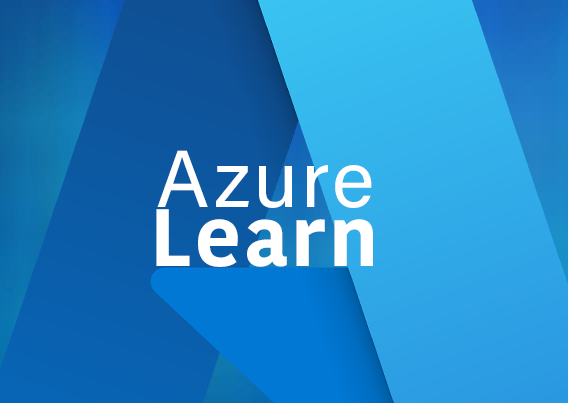Preparing for the AZ-500 Course
The syllabus for the Azure AZ-500 course. This is what you need to get through in order to complete the exam.

Profile
Become an Azure Security Engineer! This course will provide you with the knowledge and skills for a security specialist to implement security controls through from identity configuration and security monitoring.
You can book virtual courses https://docs.microsoft.com/en-us/learn/certifications/courses/az-500t00 or go through the course yourself in training sites such as Pluralsight or ACloudGuru (there are a few others out there but I am a fan of these).
Once you're ready you can book your exam through here - https://docs.microsoft.com/en-us/learn/certifications/exams/az-500
Find URLs to the lab modules here https://www.cyber.engineer/azure-az-500-modules/
Course Syllabus
Module 01: Manage Identity and Access
In this module, you will learn about Azure security features for identity and access.
Identity Security
- Azure Active Directory (AD). Implement an Azure AD infrastructure including users, groups, and multi-factor authentication.
- Azure Identity Protection. Implement Azure AD Identity Protection including risk policies, conditional access, and access reviews.
- Labs: Identity Security (MFA, Conditional Access, Identity Protection)
Access Security
- Enterprise Governance. Implement enterprise governance strategies including role-based access control, Azure policies, and resource locks.
- Azure AD Privileged Identity Management. Implement Azure AD Privileged Identity Management including Azure AD roles and Azure resources.
- Hybrid Identity. Implement Azure AD Connect including authentication methods and on-premises directory synchronization.
- Labs: RBAC, Azure Policy, Resource Manager Locks, Privileged Identity Management, Implement Directory Synchronization
Module 02: Implement Platform Protection
In this module, you will learn about virtual networking and compute security strategies.
Virtual Networking Security
- Perimeter Security. Implement perimeter security strategies including Azure Firewall.
- Network Security. Implement network security strategies including Network Security Groups and Application Security Groups.
- Labs: Azure Firewall, Network and Application Security Groups
Compute Security
- Host Security. Implement host security strategies including endpoint protection, remote access management, update management, and disk encryption.
- Container Security. Implement container security strategies including Azure Container Instances, Azure Container Registry, and Azure Kubernetes.
- Lab: Azure Container Registry and Azure Kubernetes Service
Module 03: Secure Data and Applications
In this module, you will learn about application and data security.
Application security
- Key Vault. Implement Azure Key Vault including certificates, keys, and secretes.
- App security. Implement application security strategies including app registration, managed identities, and service endpoints.
- Lab: Key Vault and App registration
Data Security
- Storage Security. Implement storage security strategies including shared access signatures, blob retention policies, and Azure Files authentication.
- Database Security. Implement database security strategies including authentication, data classification, dynamic data masking, and always encrypted.
- Labs: Storage Security, Database Security
Module 04: Manage Security Operations
In this module, you will learn about monitoring and threat assessment.
Monitoring
- Azure Monitor. Implement Azure Monitor including connected sources, log analytics, and alerts.
- Azure Security Center. Implement Azure Security Center including policies, recommendations, and just in time virtual machine access.
- Labs: Azure Monitor, Azure Security Center
Threat assessment
- Sentinel. Implement Azure Sentinel including workbooks, incidents, and playbooks
- Lab: Sentinel
